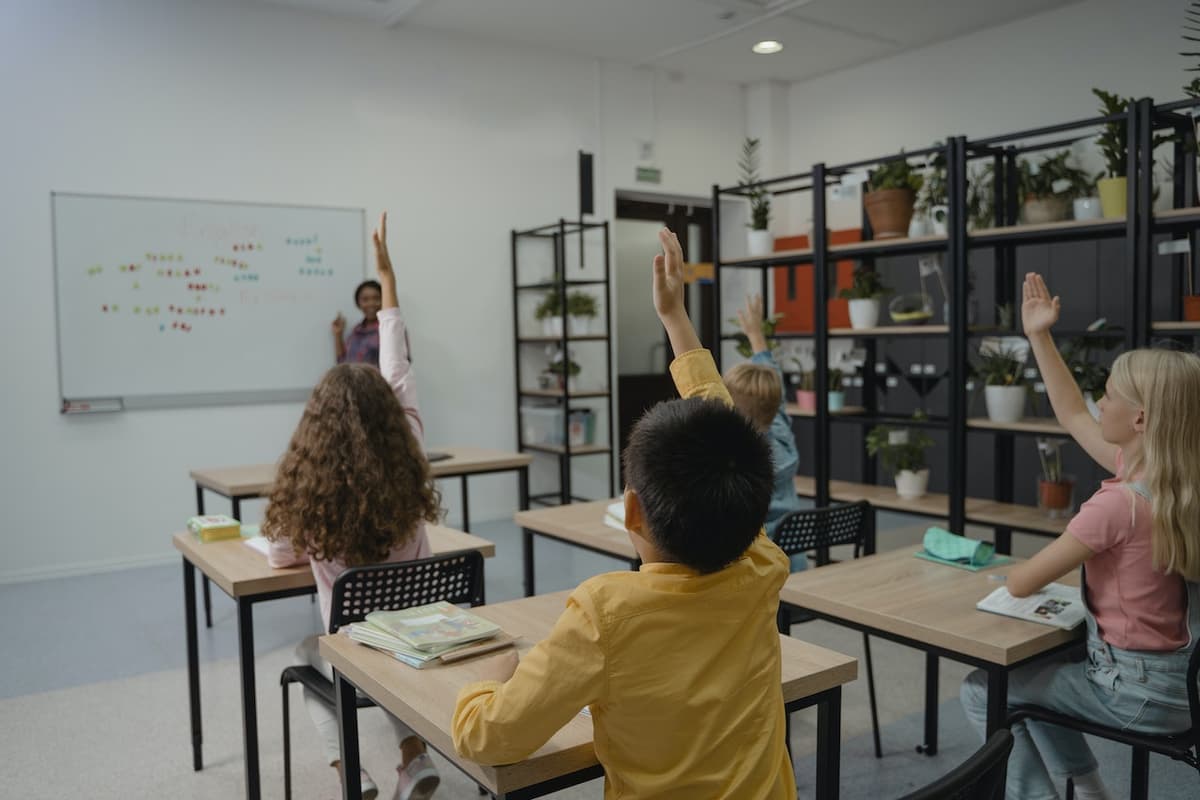Failing Public Schools Make America as Much ‘A Nation at Risk’ as It Was 40 Years Ago
In dozens of schools throughout the country, not one child is reading or practicing math at grade-level proficiency. Not one.

School’s out for the summer, so now it is time to examine the state of our education system.
By any objective measure, our school performance is fair or poor for most children. Math scores hit a 20-year low. ACT scores dropped to a 30-year low last year. In dozens of schools throughout the country, not one child is reading or practicing math at grade-level proficiency. Not one.
Some of this poor performance is due to the unforgivable mistake of shutting down our schools during Covid — despite children being less vulnerable to the virus.
Yet our schools were in long-term decline before the pandemic.
One of the world’s top education scholars, Eric Hanushek, recently issued a report on the 40-year anniversary of the famous federal study published in 1983 called “A Nation at Risk.” That study famously warned that “if an unfriendly foreign power had attempted to impose on America the mediocre educational performance that exists today, we might well have viewed it as an act of war.”
Only tragically, nobody listened or paid attention to the warning. The unions kept pushing for more money with no accountability. Schools were turned into social welfare agencies instead of factories for learning.
So they started to pursue both missions — poorly. In more recent years, educators decided their job was to teach about social justice, climate change radicalism, LGBTQ issues, and “systemic racism.”
In many public schools, patriotism and love of country gave way to a “blame America first” narrative.
Math, reading, and science took a backseat.
Only the taxpayer money poured in as if from a firehouse. Mr. Hanushek notes that, adjusted for inflation, per-pupil spending since 1960 quadrupled. Since 1980 the funding per student has doubled.
Yet over the past several decades, there isn’t much evidence of improvement — if any. In most school districts, the reverse is true.
The feds have kicked in hundreds of billions too. Yet there is virtually no evidence that Uncle Sam’s spending has added much value. Mostly it’s added more red tape. Test scores haven’t budged.
Still, President Biden’s plan is to spend hundreds of billions more — mostly because the teacher unions are the strongest force in the modern Democratic Party. Unions. Not parents.
Finally, after 40 years of failure, parents are taking notice and taking action. The parental choice movement is gaining steam — especially in red states. Some 13 states in the last two years have added programs to allow education dollars to follow the children — that means lower-income parents are provided the funding to send their children to charter schools, Catholic schools, or other alternatives.
This should hopefully provide incentives for the public schools to compete and improve.
One of Mr. Hanushek’s key conclusions provides some glimmer of hope. He finds “some evidence that spending more money can improve student learning in public schools.” Yet he adds conditionally that the dollars need to be tied to “rewarding performance.”
Incentivizing teacher excellence through pay for performance and getting rid of bad teachers — by eliminating or reforming tenure — can improve schools and throw a lifeline to children.
Here’s the problem: the teacher unions are adamantly opposed to anyone measuring their performance.
They can grade the students, but no one dares to grade the teachers.
Back in 1983, the warning was that our schools had slipped into a cesspool of “mediocrity.” Here we are more than 40 years later, and in too many cities and states, mediocrity would be a vast improvement.
Reforms are coming — but will they get here soon enough? We certainly can’t wait another 40 years.
Creators.com

